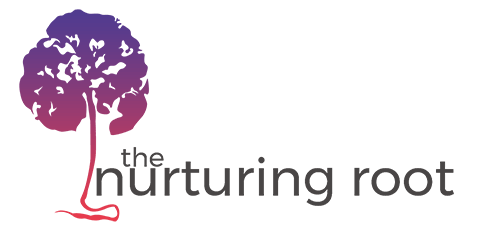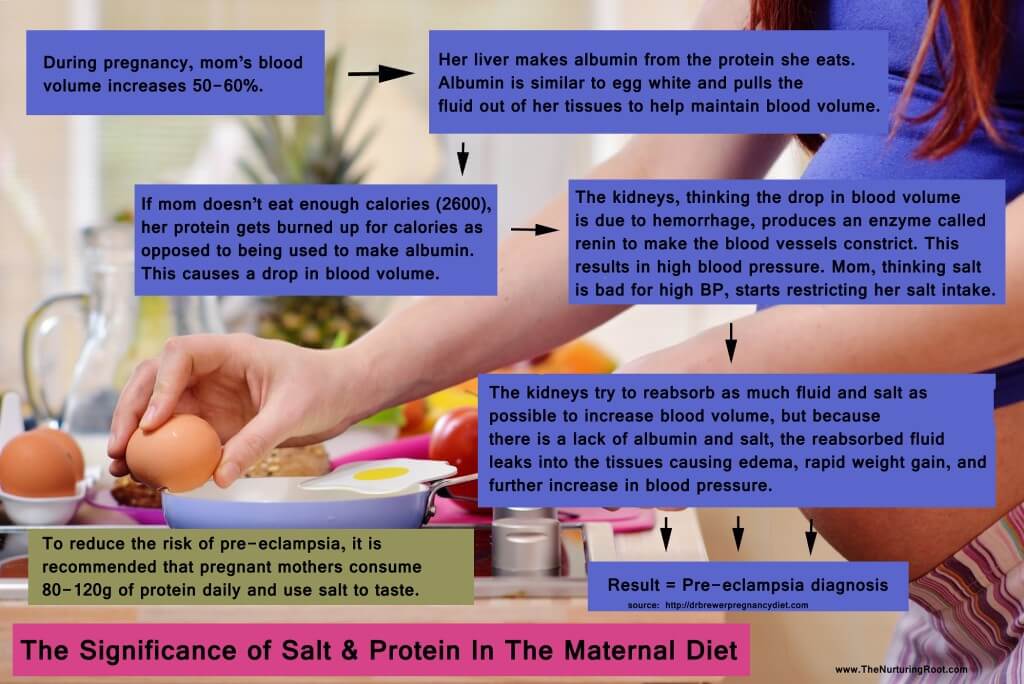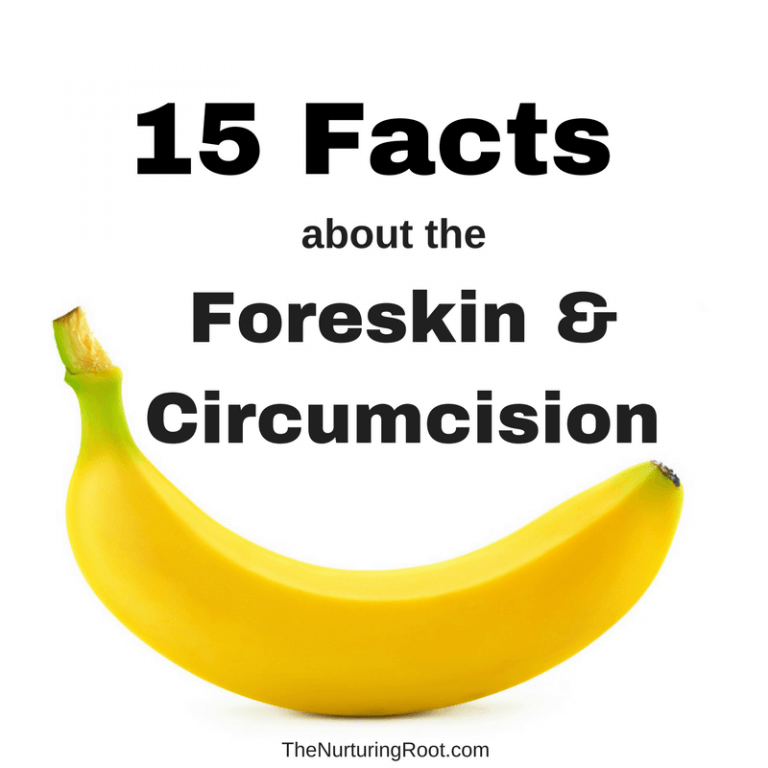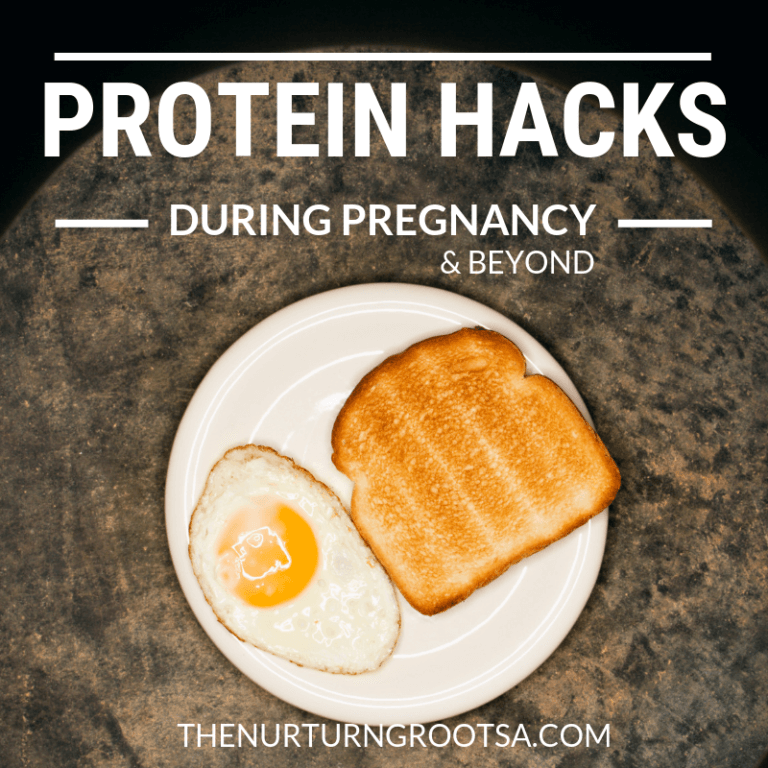Salt & Protein Can Reduce Risk for Pre-eclampsia
Eating a whole foods diet, with adequate amounts of protein, and water to thirst, can help alleviate many of the complications women face during pregnancy. A diet high in protein can help repair and grow muscle, stabilize blood sugar, and can lower a mother’s risk of pre-eclampsia and gestational diabetes. Pre-eclampsia, a potentially life threatening condition, affects between 5-8% of mothers. Symptoms include high blood pressure, edema, rapid weight gain, visual disturbances, headaches, and pain in the upper right quadrant. The only cure for pre-eclampsia is delivery of the baby.
When I was pregnant with my first son, my midwife suggested I eat 80-120 grams of protein a day. Without fully understanding why this was so important, I gave it a shot, but really didn’t track my protein intake too closely. Around 35 weeks, my blood pressure started to rise, and at every prenatal appointment it was higher and higher. In an effort to reduce my blood pressure, friends and family told me to cut my salt intake, and unfortunately, I listened. As a result, I was diagnosed with pre-eclampsia at 36 weeks and risked out of my homebirth. At 37 weeks, I went to the hospital for an induction and had a very difficult birth that ended up being vastly different than anything I had hoped or planned for. I learned the hard way just how important protein and salt intake is in the maternal diet.
As someone who has experienced pre-eclampsia, it is important that I help spread the message about how diet can impact your and baby’s health and birth. This graphic explains how the body reacts when mom does not consume enough protein, calories and salt.

(The Brewer Diet can be very beneficial to pregnant mothers and focuses on a whole foods diet that is high in protein. This website is a wonderful resource to for those interested in learning more about The Brewer Diet. Proper nutrition really can make a huge difference in your birth experience.)






